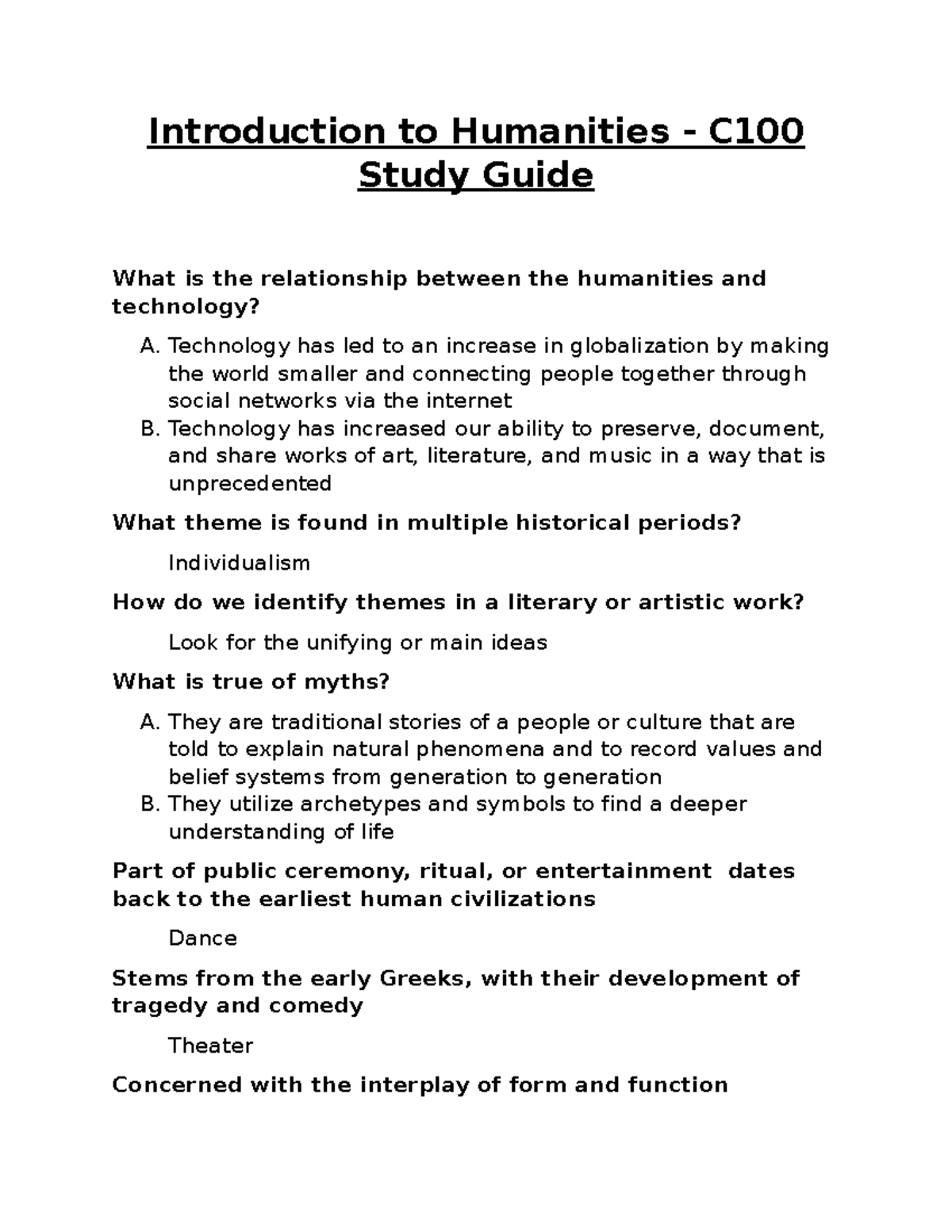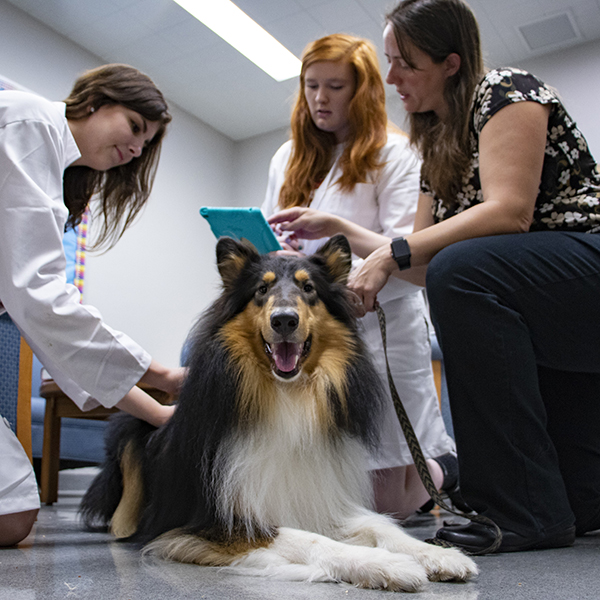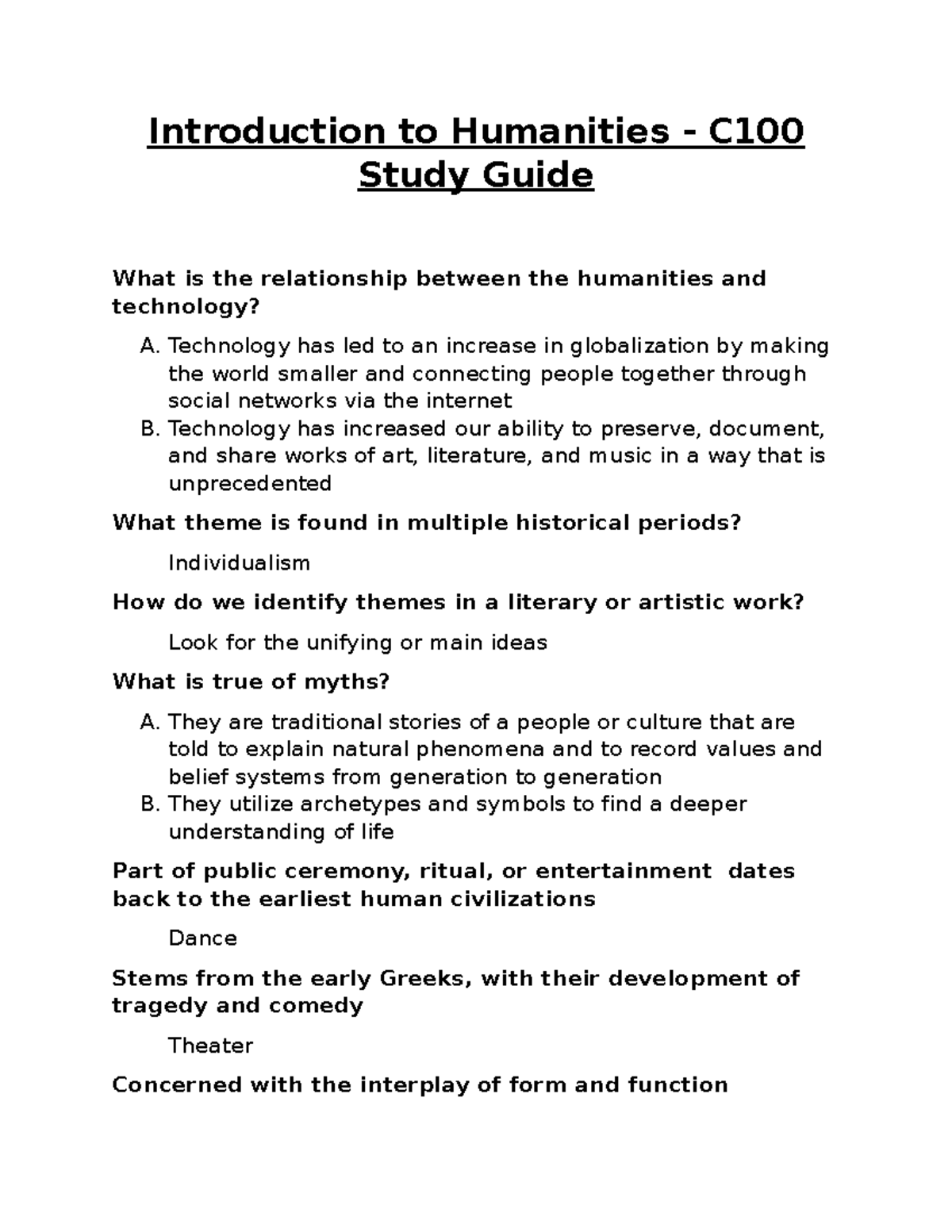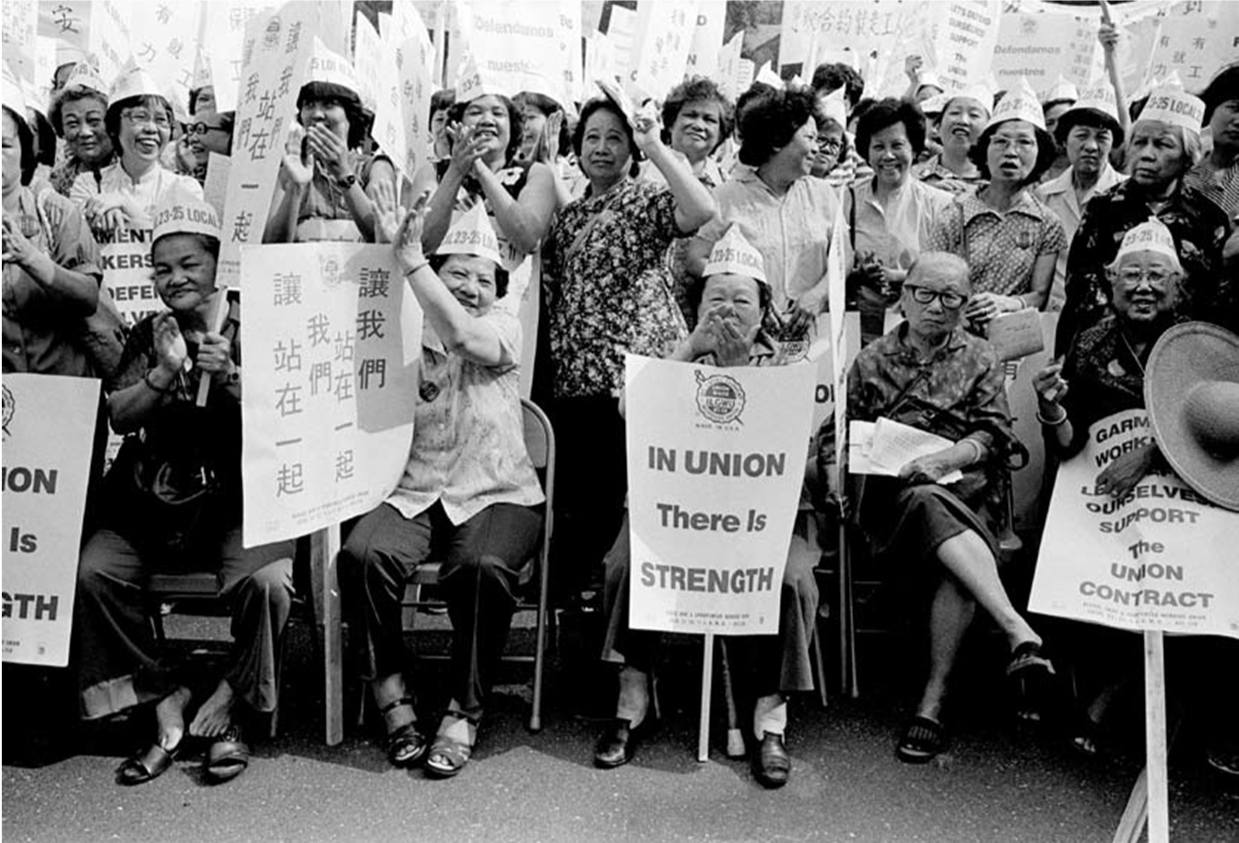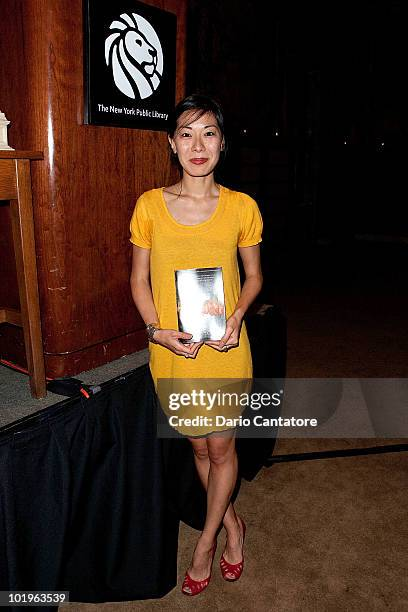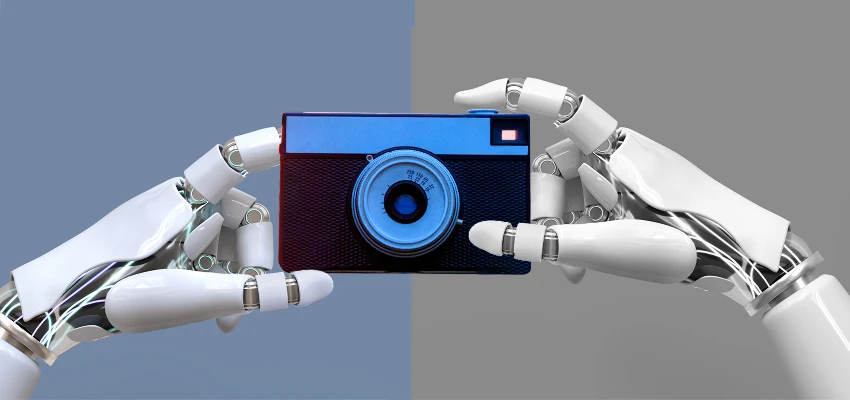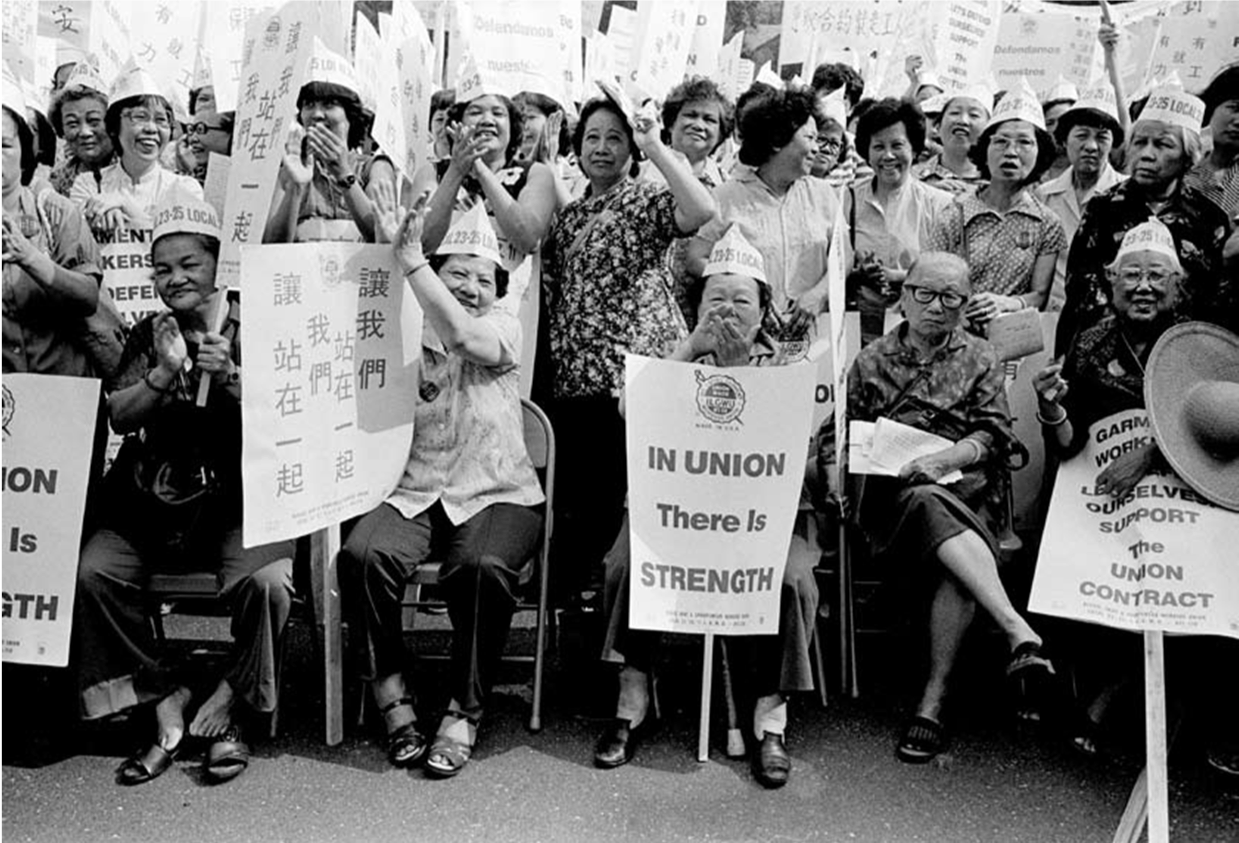The Harvard University Archives stands as a treasure trove of knowledge, chronicling the rich tapestry of Harvard history and its significant impact on American culture. From handwritten notes by historical figures like John F. Kennedy to unique artifacts illustrating pivotal moments in national events, these historical documents tell compelling stories that resonate with the American spirit. Visitors to the “Archives Inside Out” exhibit can explore an expanded view of the archival experience, showcasing the institution’s dedication to preserving both its own legacy and that of the broader community. With every item on display curated by knowledgeable archivists, the archives exhibit not only offers a glimpse into Harvard’s past but also serves as a vital resource for understanding our collective history. Engaging with these materials, one can appreciate how the Harvard University Archives contributes to a deeper understanding of not just the university, but also the fabric of American history.
Harvard’s repository of historical records, known as the Harvard University Archives, offers a fascinating glimpse into the past, brimming with artifacts that highlight the university’s and nation’s history. This collection includes various exhibits that present curated pieces of Harvard’s legacy, making it easier for the public to engage with important narratives from American history. Historical documents within this archive play an essential role in documenting significant events and perspectives that have shaped society, providing context and depth to scholarly research. The ongoing preservation and presentation of these items within archives enrich our understanding of cultural and social development throughout different eras. Visitors to the archives can discover the intricate stories behind each exhibit, gaining insights into the prevailing thoughts and experiences of individuals across generations.
Exploring Harvard History Through the Archives
Harvard University’s rich tapestry of history is beautifully woven into its archives, where every document and artifact narrates tales of scholars, thinkers, and pivotal moments in American history. From the handwritten notes of presidents like John F. Kennedy to the poignant letters from civil rights icons like W.E.B. Du Bois, the Harvard University Archives encapsulate the essence of both the institution and the broader societal changes it has witnessed. Understanding Harvard’s history through these archival treasures not only reveals the university’s legacy but also reflects significant events and transformations within American society.
The archival materials at Harvard serve as critical windows into the past, with each item providing insights into the experiences and thoughts of those who shaped university life and national discourse. For instance, personal letters, like those found in the collections, illuminate the daily realities and aspirations of past students, making history tangible for today’s audience. This interplay between Harvard’s history and America’s evolution is at the core of the libraries’ mission, emphasizing how the archives exhibit not merely the past, but living narratives that continue to resonate today.
Highlights of the ‘Archives Inside Out’ Exhibit
The ‘Archives Inside Out’ exhibit, currently on display at Harvard, highlights curators’ selections from the extensive collections housed within the Harvard University Archives, offering visitors a rare glimpse into the hidden stories behind significant historical documents. Items featured range from a perpetual calendar designed by Thomas Hill, illustrating the intersection of science and education at Harvard, to a poignant letter from a Harvard student during the civil rights movement. By showcasing such artifacts, the exhibit aims to demystify the archival process and make these historical narratives more accessible to the public.
Each selected item not only represents a piece of Harvard’s institutional memory but also serves as an engagement tool for contemporary viewers. The contributions of archivists, like the photograph of women ‘computers’ at the Harvard College Observatory, showcase the often-overlooked contributions of women in STEM fields. This diversity of content encourages audiences to appreciate the breadth of Harvard’s historical legacy and understand how these originally overlooked narratives shape collective memory in American history, fostering a deeper appreciation for the role of archives in preserving unique voices and experiences.
The Digital Archiving Efforts at Harvard University Archives and Their Significance
Harvard University Archives not only serves as a custodian of historical documents, but it also leads innovative digital archiving efforts. Initiatives like web crawling capture current events, such as the snapshots of the Harvard Crimson during the COVID-19 pandemic, ensuring that contemporary narratives are preserved for future generations. By digitizing these records and making them publicly accessible, Harvard contributes to the democratization of knowledge, allowing a global audience to explore American history as it unfolds.
The importance of digital archiving is underscored by the efforts to preserve the voices of marginalized communities, as evident in personal collections from students during the university’s storied past. These collections allow new generations to connect with history on a personal level, fostering a richer understanding of the diverse experiences that constitute American identity. Thus, Harvard’s forward-thinking archival practices not only safeguard historical records but also actively engage with a broader audience, reflecting the dynamic nature of history itself.
The Role of Archivists in Preserving Harvard’s Legacy
At the heart of the Harvard University Archives are dedicated archivists who meticulously curate and manage collections that reflect both the institution’s heritage and societal shifts. Their expertise goes beyond organization; they play a pivotal role in telling the stories encapsulated within these historical documents. For example, archivists like Pam Hopkins and Erin Clauss not only identify significant items but also contextualize them within broader historical narratives, ensuring that viewers can appreciate their relevance and impact.
Archiving is a labor-intensive process that requires an understanding of history, as well as the delicate balance of preserving document integrity while making them accessible to the public. This is particularly critical when dealing with personal letters, photographs, and manuscripts that reveal intimate insights into people’s lives. Through their commitment and passion, archivists bridge the gap between past and present, illuminating the stories that deserve to be told while inspiring future scholars to engage with the dynamic history of Harvard and American society.
Significance of Historical Documents in American History
Historical documents hold immense significance in understanding American history, serving as tangible evidence of cultural, political, and social developments over time. Items like the correspondence from W.E.B. Du Bois encapsulate the complex dialogue around race relations in America, while communications from figures such as John F. Kennedy reflect the political climate during pivotal moments. Each document serves not only as a relic but a narrative thread that connects individuals and events, enriching our comprehension of the past.
Archival materials, therefore, do not exist in isolation; they are part of a larger historical framework that helps build a narrative of American identity. As scholars, students, and curious members of the public engage with these documents, they contribute to an ongoing discourse about what it means to be part of American history. Understanding the contexts surrounding these documents deepens our appreciation for the struggles and triumphs captured within, emphasizing the role of places like the Harvard University Archives in preserving and promoting the importance of historical memory.
Connecting the Past with the Present: Archival Education at Harvard
Archival education is a vital aspect of the Harvard University Archives’ mission, aiming to enlighten students and the public about the importance of preserving historical documents. By integrating archival research into educational programs, Harvard cultivates a culture of inquiry, prompting individuals to engage critically with primary sources. This is instrumental in helping students understand the relevance of history in contemporary discussions, reinforcing the idea that the past informs our present and shapes our future.
Workshops, lectures, and guided tours connect learners with the university’s archival resources, from historic documents to personal letters. Through these initiatives, Harvard fosters a sense of stewardship among participants, highlighting the importance of preserving diverse narratives within the academic community. This proactive approach not only enriches the educational experience but also empowers individuals to appreciate and uphold the legacy of figures who have influenced American history through their contributions to the Harvard University Archives.
Celebrating the Contributions of Harvard Alumni to American Society
The diverse contributions of Harvard alumni to American society are profoundly illustrated through the documents and artifacts housed in the university’s archives. From politicians like John F. Kennedy to literary figures such as Seamus Heaney, the archival collections weave a narrative of influence that transcends generations. Each item not only celebrates individual success but also reflects the socio-political contexts that shaped their lives and works, reinforcing the significant role Harvard has played in nurturing leaders.
Exploring the accomplishments of Harvard alumni through archival materials enables current students and the public to draw inspiration from past achievements. By recognizing these contributions, Harvard emphasizes the continuous impact its community has on American history, encouraging future generations to engage with the rich legacy that defined their predecessors. This celebration is not just about acknowledging historical figures but also about understanding the values, challenges, and opportunities that shaped their paths.
The Evolution of Archival Practices at Harvard University
The evolution of archival practices at Harvard University reflects broader trends in archival science and shifts in societal needs. Archivists at Harvard have continually adapted their methodologies, prioritizing access while preserving the integrity of collections. As technology evolves, so too do the strategies employed in archiving, including digitization efforts that expand the reach of historical documents to a global audience. By embracing change, Harvard ensures that its archives remain relevant and accessible to a wider audience.
The transformation of archival practices also enhances the ability to preserve the voices of underrepresented communities within American history. As archivists develop new programs and initiatives, they create spaces for diverse narratives to be recognized and valued. As seen in recent digitization projects promoting equity and inclusion, Harvard’s commitment to evolving its processes cements its role as a leader in archival stewardship, one that values the past while looking forward to the future.
How Exhibits Bring History to Life at Harvard
Exhibits like ‘Archives Inside Out’ breathe life into historical documents, transforming static artifacts into engaging narratives that captivate audiences. By curating collections that showcase the rich diversity and complexity of Harvard’s and America’s past, exhibits foster a deeper appreciation for history. Visitors experience these stories through thoughtfully presented items that illuminate not just the individuals involved but the broader societal movements they represent, making historical connections immediate and relatable.
Moreover, through interactive elements and educational programming accompanying exhibits, Harvard invites visitors to actively participate in exploring history. This approach encourages dialogue and reflection, urging individuals to consider how past events shape contemporary issues. Thus, the exhibit serves as a crucial link between the past and present, encouraging a shared understanding of history’s ongoing relevance within American society and the crucial role that the Harvard University Archives plays in this exploration.
Frequently Asked Questions
What can I find at the Harvard University Archives?
The Harvard University Archives houses a rich collection of historical documents, artifacts, and exhibits that showcase the history of Harvard University and American history. Visitors can explore unique items such as personal letters, photographs, and documents related to significant figures like John F. Kennedy and W.E.B. Du Bois, as well as various exhibits celebrating Harvard’s institutional and community history.
How does the Harvard University Archives contribute to understanding American history?
The Harvard University Archives plays a pivotal role in understanding American history by preserving historical documents that illustrate key societal changes and events. By showcasing items like letters discussing race relations and photographs depicting the early contributions of women in science, the archives provide insights into Harvard’s impact on and reflection of broader American history.
Are there any current exhibits at the Harvard University Archives?
Yes, the Harvard University Archives is currently featuring the ‘Archives Inside Out’ exhibit, which includes selected items from its collections that tell compelling stories from Harvard’s history and the history of America. The exhibit is open to the public at Pusey Library through April 30 and highlights both the archival process and the importance of preserving historical documents.
How are items selected for exhibits at the Harvard University Archives?
Items for exhibits at the Harvard University Archives are selected through a collaborative process involving archivists and collection development staff. They are invited to submit their favorite finds, focusing on pieces that not only showcase compelling narratives but also represent the form and function of the archives. This approach ensures a diverse range of historical documents are highlighted.
Can I access the collections at the Harvard University Archives?
Yes, the collections at the Harvard University Archives are open for public access. Researchers and visitors can explore various historical documents, artifacts, and special exhibits. It’s recommended to check the archives’ website for specific information on accessing materials and visiting hours.
What types of historical documents are in the Harvard University Archives?
The Harvard University Archives contains a wide variety of historical documents, including personal letters, manuscripts, photographs, and unofficial publications from Harvard student organizations. These materials cover significant topics related to Harvard’s institutional history, notable alumni, and broader themes in American history.
Why is the Harvard University Archives important for preserving history?
The Harvard University Archives is crucial for preserving history as it collects and safeguards a wealth of historical documents and artifacts that chronicle the experiences and contributions of students, faculty, and notable figures. This preservation of historical records helps ensure that future generations can learn from and understand the past, making it an essential resource for historians and the public.
How can I learn more about the history of Harvard through archives?
To learn more about the history of Harvard, the archives offer various resources, including public exhibitions, online collections, and guided tours. Engaging with the archival staff and utilizing the digital archives can enhance your understanding of Harvard’s legacy and its intersections with American history.
What role do archivists play at the Harvard University Archives?
Archivists at the Harvard University Archives play a vital role in collecting, preserving, and providing access to historical documents and artifacts. They assist researchers in navigating the archives, curate exhibits, and ensure that the significance of Harvard’s history and the broader American narrative is effectively communicated through its collections.
| Item | Description | Archivist |
|---|---|---|
| Letter from John F. Kennedy to Harvard Class of 1940 | A draft letter offering an insider’s glimpse into JFK’s personality and his connection to Harvard. | Pam Hopkins, Head of University Archives Reference Services |
| Photograph of Women Computers at Harvard Observatory (circa 1900) | Depicts women cataloging stars, highlighting invisible labor performed by women in STEM. | Alison Macdonald, Records Manager/Archivist for Operations |
| Letter from W.E.B. Du Bois to Albert Bushnell Hart (1905) | Letter discussing race relations, showcasing diverse perspectives of historical figures. | Erin Clauss, Lead Processing Archivist |
| Perpetual Calendar (circa 1885) | An invention by Thomas Hill demonstrating his contributions beyond education. | Dominic P. Grandinetti, Processing Archivist |
| Screen Capture of The Harvard Crimson (March 2020) | Documents Harvard’s response to the COVID-19 pandemic, a crucial moment in history. | Sean Crawford, Collection Development and Records Management Coordinator |
| Sketches from The Harvard Lampoon (1882) | Represents student culture and community through one of Harvard’s oldest publications. | Alexandra Dunn, Collection Development Archivist |
| Letter from Seamus Heaney to Helen Vendler (2006) | A personal letter that captures a moment of friendship and creativity in academia. | Heidi Horner, Collection Development & Records Management Services Assistant |
| Letter from Ragan Henry to Joseph Levow Steinberg (1953) | Offers a glimpse into student life and the social pressures of the 1950s. | Jehan Sinclair, Processing and Digitization Archivist |
| Bound Typescript on Harvard Pacifists during WWII (circa 1942) | Documents the thoughts and reasons of students opposing military service. | Ed Copenhagen, Reference Archivist |
Summary
The Harvard University Archives showcases an impressive collection that reflects not only the history of Harvard but also significant moments in American culture and society. Through the ‘Archives Inside Out’ exhibit, audiences can engage with personal letters, photographs, and documents that serve as a testament to the narratives shaped by both individual experiences and broader historical events. Each item on display, selected by archivists, emphasizes the importance of accessibility and public engagement with archival work. This exhibit is a rich exploration of how archival materials not only preserve history but also illuminate the diverse and complex stories that form the foundation of both the University and the nation.

